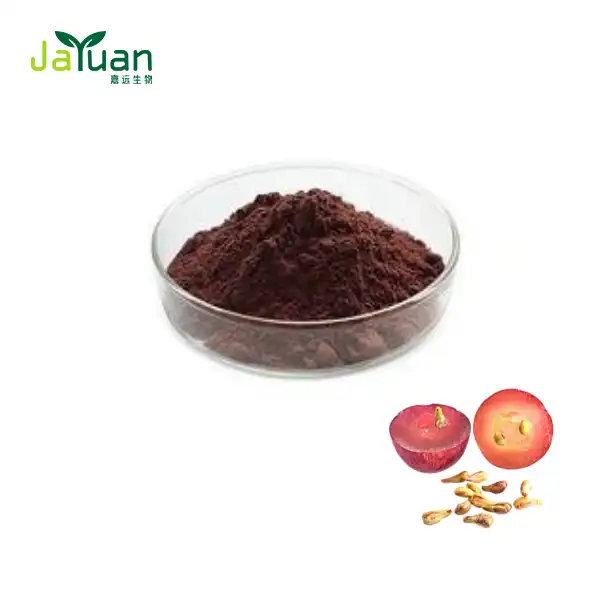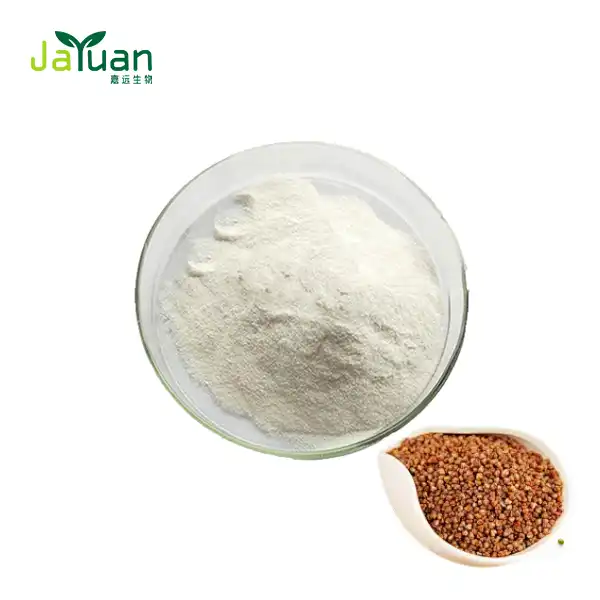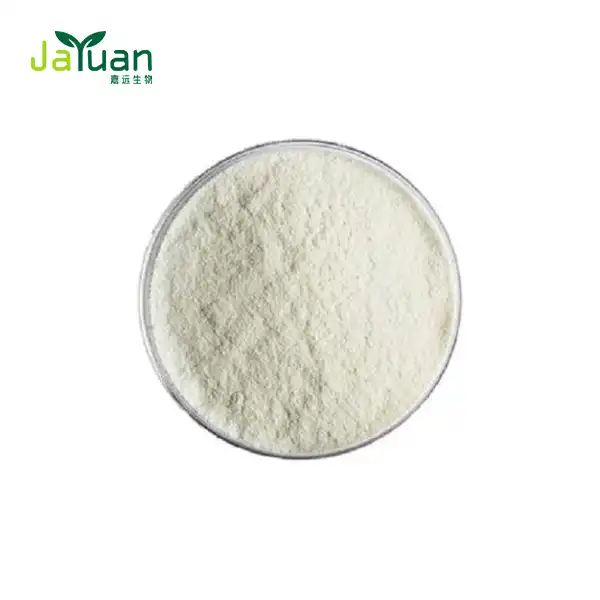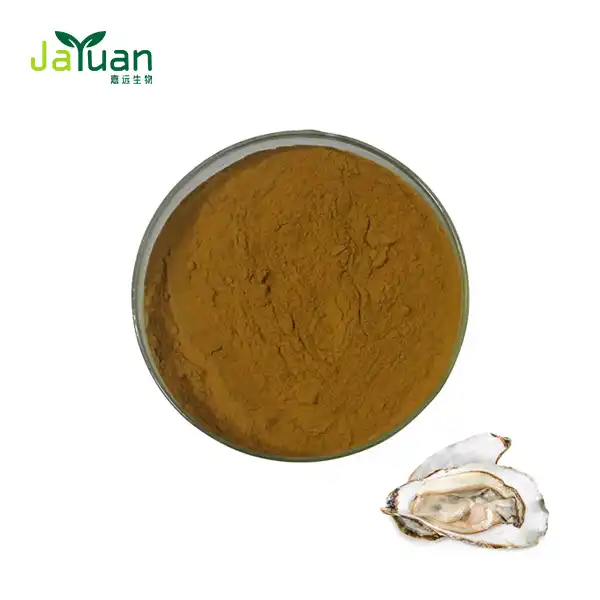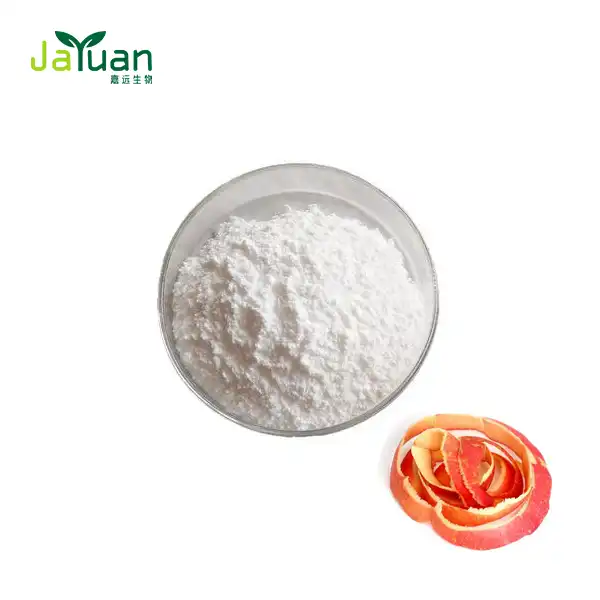How to take ginkgo biloba extract?
Traditional medicine has relied on ginkgo biloba, also known as the "living fossil," for centuries. Natural dietary supplement Ginkgo Biloba Extract Powder is currently gaining popularity. You might be wondering how to take this potent herb correctly if you want to include it in your wellness regimen. In this comprehensive guide, we will discuss the various ways to consume ginkgo biloba extract, its potential benefits, and important considerations.
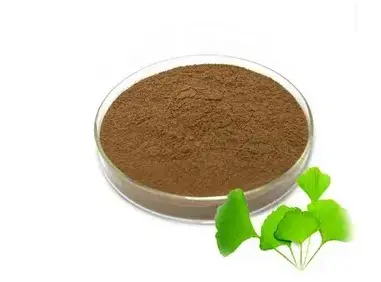
What is Ginkgo Biloba Extract Powder
Before diving into how to take ginkgo biloba extract, it's essential to understand what it is. Ginkgo Biloba Extract Powder is derived from the leaves of the ginkgo biloba tree, one of the oldest living tree species on Earth. This extract is rich in antioxidants and compounds that may support brain function, circulation, and overall health.
The active components in ginkgo biloba extract include flavonoids and terpenoids, which are believed to have powerful antioxidant properties. These compounds may help protect cells from damage caused by free radicals, potentially slowing down the aging process and reducing the risk of certain diseases.
Ginkgo Biloba Extract Powder is typically standardized to contain specific amounts of these beneficial compounds, ensuring consistency in potency and effectiveness. When choosing a ginkgo biloba supplement, look for products that clearly state their standardization, typically around 24% flavone glycosides and 6% terpene lactones.
Different Ways to Take Ginkgo Biloba Extract
Now that we've covered the basics, let's explore the various methods of taking Ginkgo Biloba Extract Powder:
1. Capsules or Tablets
One of the most common and convenient ways to take ginkgo biloba extract is in the form of capsules or tablets. These pre-measured doses are easy to incorporate into your daily routine. Simply follow the recommended dosage on the product label, which typically ranges from 120 to 240 mg per day, divided into two or three doses.
Capsules and tablets are ideal for those who prefer a no-fuss approach or don't enjoy the taste of herbal supplements. They're also great for maintaining consistent dosages and are easy to take on the go.
2. Powder Form
Pure ginkgo biloba extract offers more flexibility in terms of dosage and incorporation into your diet. You can mix the powder into smoothies, juices, or even sprinkle it over your morning oatmeal. This method allows for easy customization of your dosage and can be a more cost-effective option in the long run.
When using the powder form, it's crucial to measure your doses accurately. A small kitchen scale can be helpful for this purpose. Start with a lower dose and gradually increase it as needed, always staying within the recommended range.
3. Liquid Extracts or Tinctures
Liquid ginkgo biloba extracts or tinctures are another option for those who prefer not to swallow pills. These concentrated forms of the extract can be added to water or juice, or taken directly under the tongue for faster absorption.
Liquid extracts are particularly useful for those who have difficulty swallowing pills or prefer to adjust their dosage more precisely. They're also a good choice for individuals who want to feel the effects of ginkgo biloba more quickly.

Best Practices for Taking Ginkgo Biloba Extract
Regardless of the form you choose, there are some best practices to follow when taking ginkgo biloba leaf extract powder:
1. Consistency is Key
To experience the full potential benefits of ginkgo biloba, it's important to take it consistently. Many of the herb's effects are cumulative, meaning they build up over time. Set a regular schedule for taking your ginkgo biloba supplement, whether it's with breakfast each morning or at specific times throughout the day.
2. Start Low and Go Slow
If you're new to ginkgo biloba, it's wise to start with a lower dose and gradually increase it. This approach allows your body to adjust to the supplement and helps you identify the optimal dosage for your needs. Begin with the lowest recommended dose on the product label and increase slowly over a few weeks if needed.
3. Take with Food
While ginkgo biloba can be taken on an empty stomach, some people find that taking it with food helps reduce the likelihood of mild digestive discomfort. If you experience any stomach upset when taking ginkgo biloba on an empty stomach, try consuming it with a meal or snack.
4. Be Patient
Unlike some supplements that offer immediate effects, the benefits of ginkgo biloba often take time to manifest. It may take several weeks or even months of consistent use before you notice significant improvements. Be patient and give the supplement time to work.
5. Consider Timing
Some people report feeling more alert after taking ginkgo biloba. If this is the case for you, you might prefer taking your dose in the morning or early afternoon to avoid potential sleep disturbances. On the other hand, if you find ginkgo biloba has a calming effect, an evening dose might be more suitable.
6. Consult with a Healthcare Professional
Before starting any new supplement regimen, including ginkgo biloba, it's always wise to consult with a healthcare professional. This is particularly important if you're taking any medications or have existing health conditions. Ginkgo biloba can interact with certain medications, including blood thinners and some antidepressants.
Conclusion
To sum up, ginkgo biloba extract powder is a flexible supplement that you can use in a variety of ways to complement your wellness regimen. There is a way that can work for you, regardless of whether you prefer the ease of use of capsules, the flexibility of powder, or the rapid absorption of liquid extracts. Don't forget to be consistent, start with a low dose, and give the supplement some time to do its job.
You can use this ancient plant to its full potential safely and successfully by adhering to these instructions and best practices. As usual, pay attention to your body and modify your strategy as necessary. Please email sales@jayuanbio.com if you're looking for premium Ginkgo Biloba Extract Powder or any other plant extracts.
References
1. National Center for Complementary and Integrative Health. (2020). Ginkgo. https://www.nccih.nih.gov/health/ginkgo
2. Rainer, K., Kressig, R. W., & Pinto, L. C. (2007). Ginkgo biloba extract EGb 761® in dementia: a systematic review. Neuropsychiatric Disease and Treatment, 3(2), 211-220.
3. Yan-Jun, X., Jian-Wen, L., & Jian-Ping, L. (2012). The safety of Ginkgo biloba extract in clinical application. Chinese Journal of Integrative Medicine, 18(5), 404-408.
4. Birks, J., & Grimley Evans, J. (2009). Ginkgo biloba for cognitive impairment and dementia. Cochrane Database of Systematic Reviews, (1).
5. Diamond, B. J., & Bailey, M. R. (2013). Ginkgo biloba: indications, mechanisms, and safety. Psychiatric Clinics, 36(1), 73-83.

